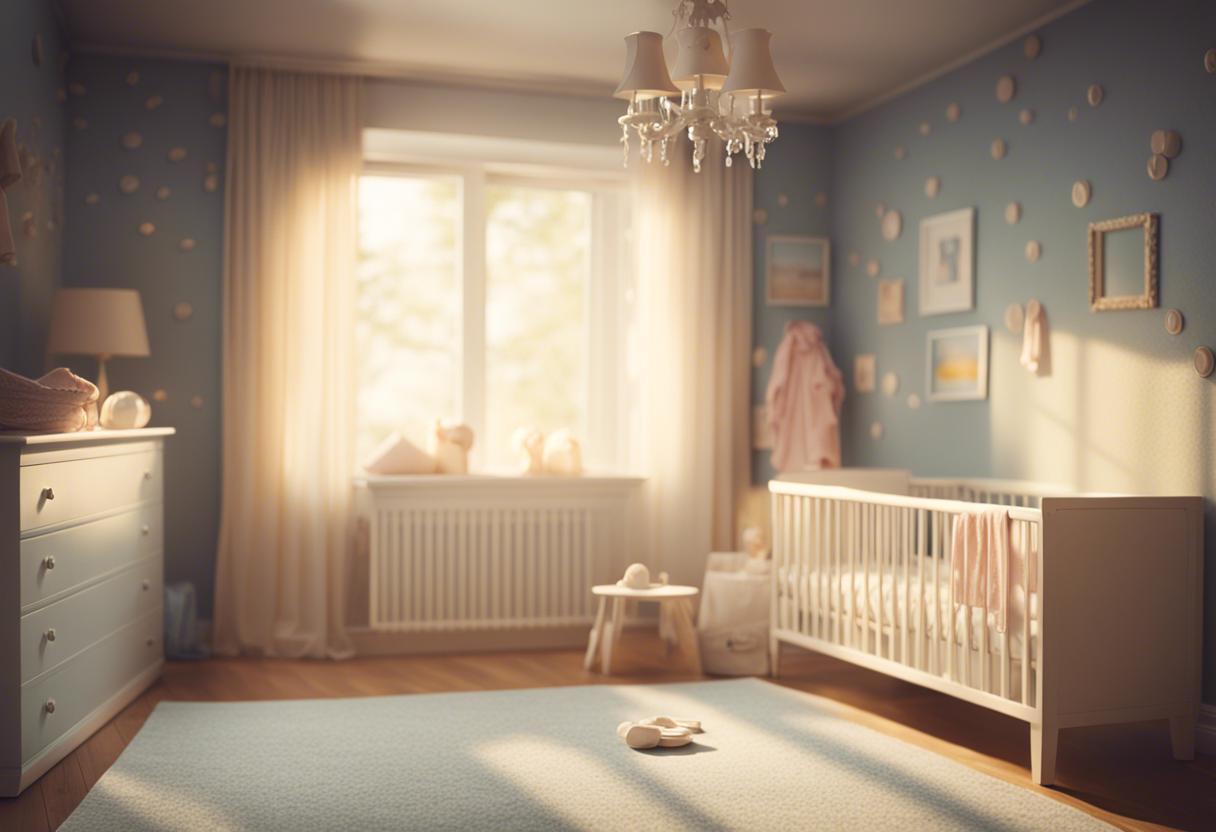Challenging evenings are an inevitable part of parenting infants. In a particular instance, I struggled profusely to soothe my unsettled baby. Despite a full belly and a clean diaper, we remained locked in a mutual struggle, our heartbeats mirroring our escalating anxiety. Earlier, we had taken a calming walk in the chilly January breeze, with the snugness of her baby carrier providing instant relief; yet the moment we stepped indoors, her distress renewed. Her shrieks’ potential echoes inside our apartment complex, where even the faint squeak of luggage wheels could be annoyingly loud, confined us indoors. I decided to address the situation in the presumed safety of our home.
Clearly, I recollect the instance when I held her at arm’s length and contemplated calming her with a gentle shake. Prior to becoming a parent, I couldn’t fathom how anyone could entertain the notion of shaking a baby – an act that seemed beyond the limits of my otherwise well-balanced mind. I allowed the thought to linger before I placed her, still crying, in her crib and called upon my husband for assistance, withdrawing to the living room to recover from the shock of nearly causing her harm.
The experience gave me a newfound appreciation for the challenges single parents face. I was immensely grateful for the opportunity to share parenting responsibilities.
During my initial parenting days, my mental state frequently fluctuated, without being triggered by any profound incidents. During my first maternity leave, there were moments when I pondered if I was experiencing postnatal depression. During days when motherhood felt burdensome, my self-esteem dipped significantly. Infants, while endearing, can often be unpredictable. Efforts are not always rewarded; neither is there compensation for unfairness (ask anyone who has naively imagined a restless day meaning an uninterrupted night’s sleep).
In darker moments, I pondered whether my sporadic bouts of despondency were a product of altered mental state and brain functions, or more attributable to structural circumstances that seemed conveniently set up to foster a sense of disconnect. My spouse’s work schedule afforded him minimal rest and amidst the Covid pandemic, I found myself primarily alone with my infant. Work consistently encroached upon my maternity leave. Material initially prepared for publication well before my leave demanded a series of revisions and copy-editing tasks that could neither be postponed nor delegated. I found myself caught in an unsettling loop of desperately hoping for my baby to sleep so I could work and subsequently feeling guilt for harbouring such thoughts. I’m passionate about my work but attempting to fit it into snatched moments became challenging, particularly considering who was being robbed by this reality. On top of all these, the scrutiny on parenting and the overwhelming influx of information has hit unprecedented levels. The perceived need to perfectly nourish and discipline our infants, striking an ideal balance of firmness and gentleness, is quite tangible. Social media emerges as a seemingly essential platform for finding a sense of belonging and gathering information but beware of entering the comments sections.
The infrastructural support, meant for parents and infants, overwhelmingly hinges on a singular definition of family. These policies typically envision a dutiful mother and a detached father, assisted by grandparents who are miraculously both retired and energetic. It presumes fathers with careers that cannot accommodate lengthy disruptions and mothers whose work may or may not be deemed significant, but can evidently be paused for a considerable period and instantly resumed (perhaps even enabling childcare for the latter part of the day once the children start primary education). Adjustments for any alternate family constructs are, more often than not, a matter of makeshift arrangements.
Philosophical perspectives on parenting are currently undergoing thorough exploration. Notably, the writings of Laurie Paul highlight the transformative process seen in events such as becoming a parent or childbirth. These significant life changes pose substantial challenges to our understanding of rational decision-making. The concept of ‘Matrescence’, referring to the substantial biological and identity shifts that come with becoming a mother, is also seeing renewed discourse. Such critical analysis is incredibly valuable, helping to facilitate the language and concepts required to express experiences that are frequently treated as private and individually-focused. However, there is also an urgent need to address the wider structural and societal issues exacerbating the struggles experienced by new parents and caregivers. The current political climate has drawn attention to the fact that a significant proportion of the population feels neglected and unappreciated for their role in essential caring duties.
Motherhood once made up the primary path of a young woman’s life. The current disparity between expectations in new parenthood and the reality of life just prior is arguably broader than ever before. The range of experiences transitioning into parenthood should indeed reflect the diversity of personalities and lived experiences. Common experiences across different paths to parenthood are essential to emphasise, however differences are just as crucial to acknowledge. A particular struggle for me personally was trying to reconcile my unchanged identity with the drastically different circumstances I found myself in as a new mother. While it’s important to recognise depression as a genuine clinical disorder, it’s also crucial to investigate how policy failures might exacerbate such issues. Implementing policies like flexible, joint leave and strong, stable public health services would greatly aid in reducing feelings of isolation and managing the effects of postnatal mood changes.

